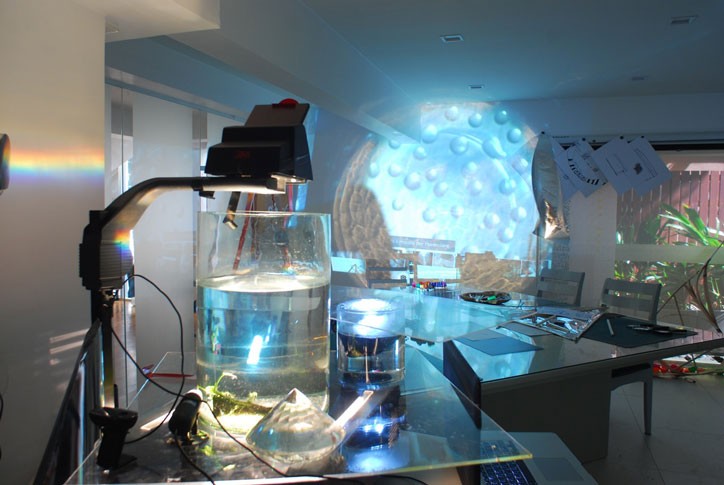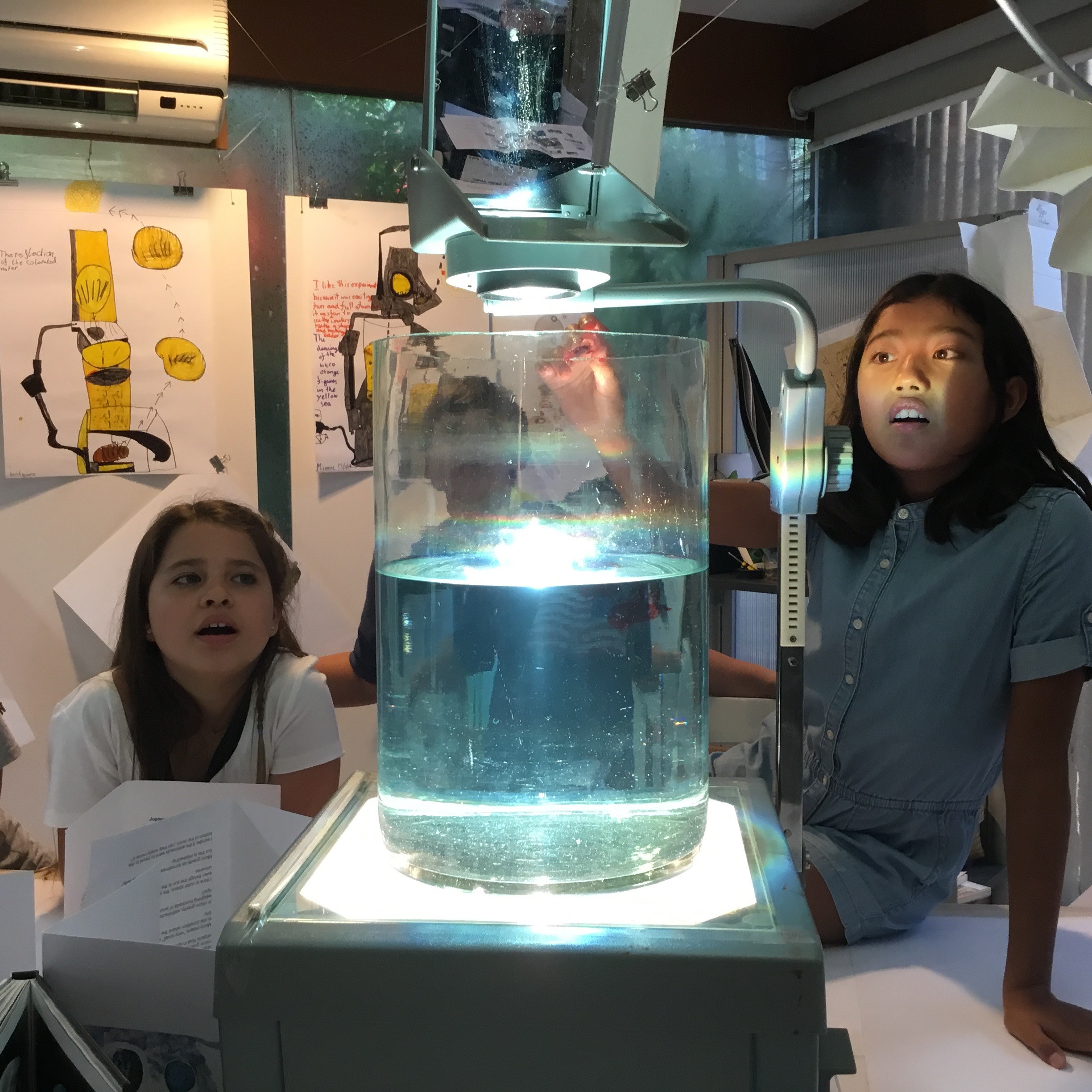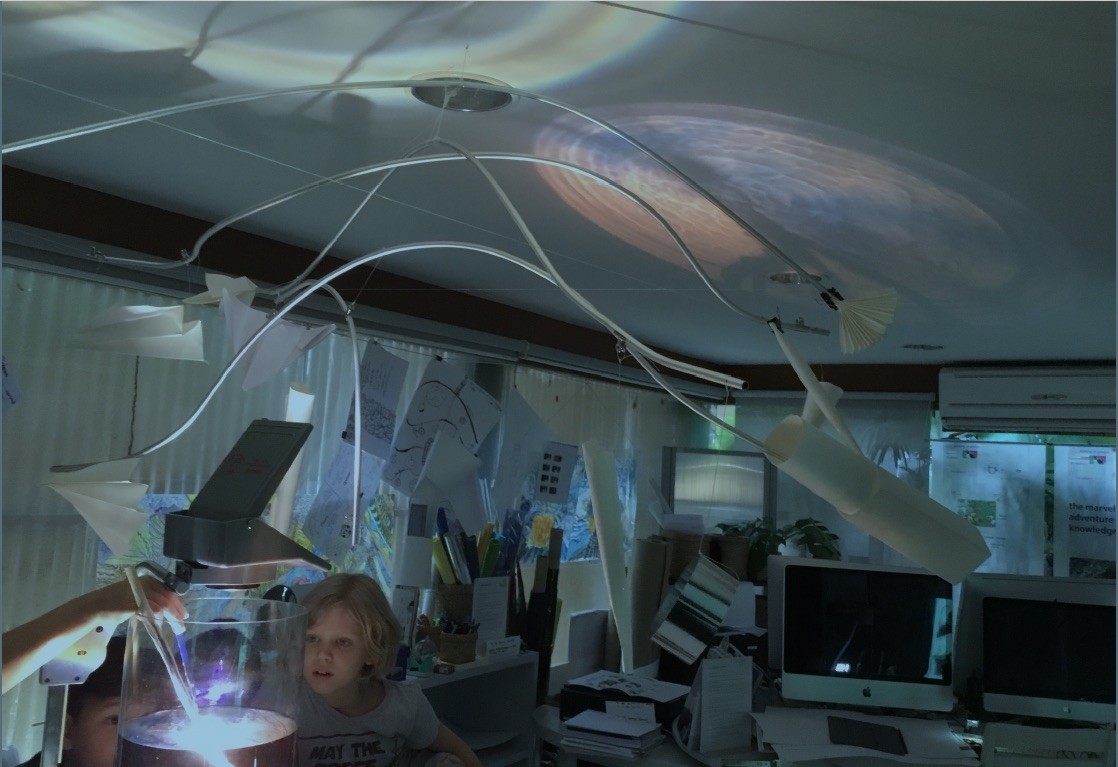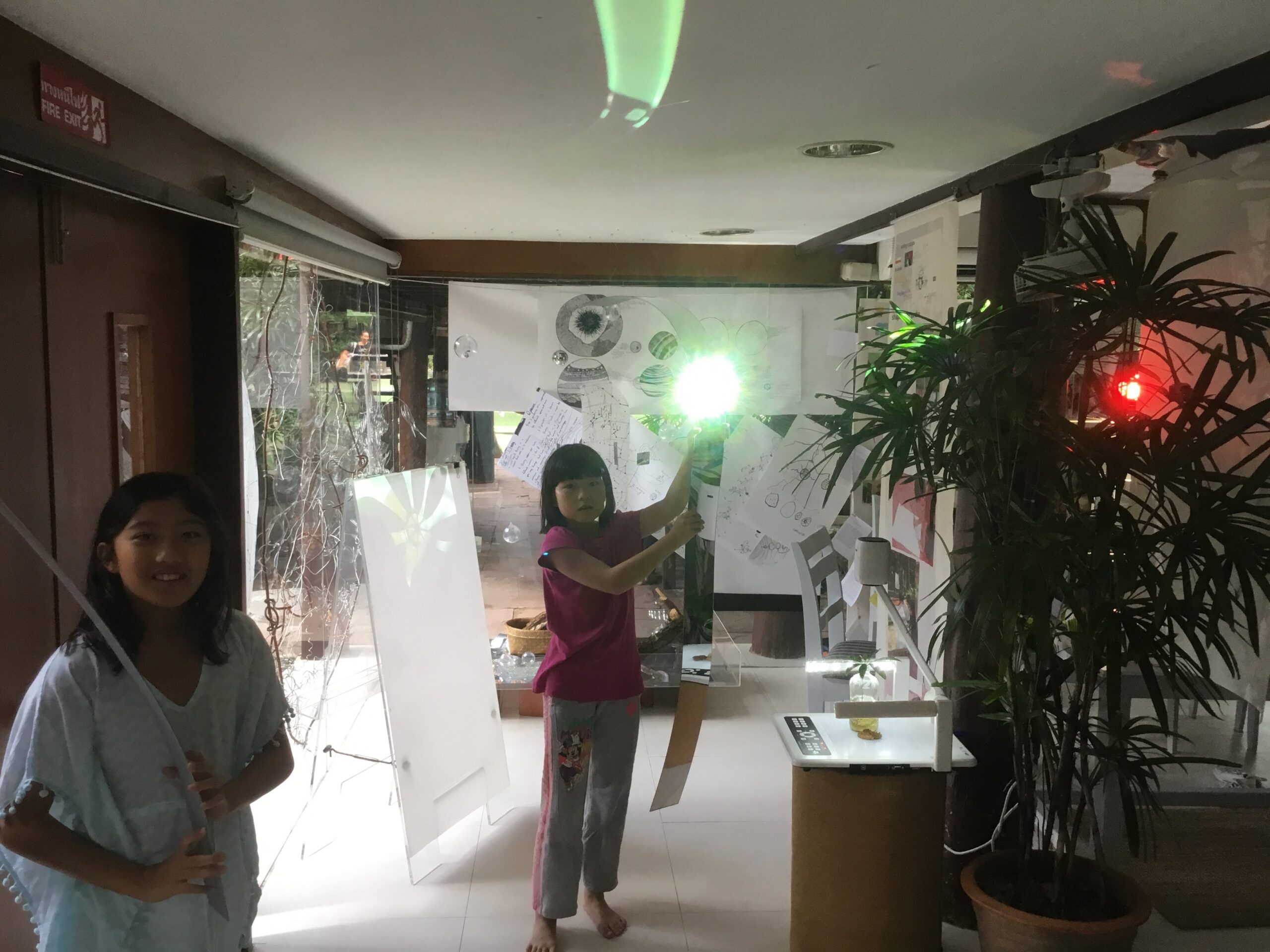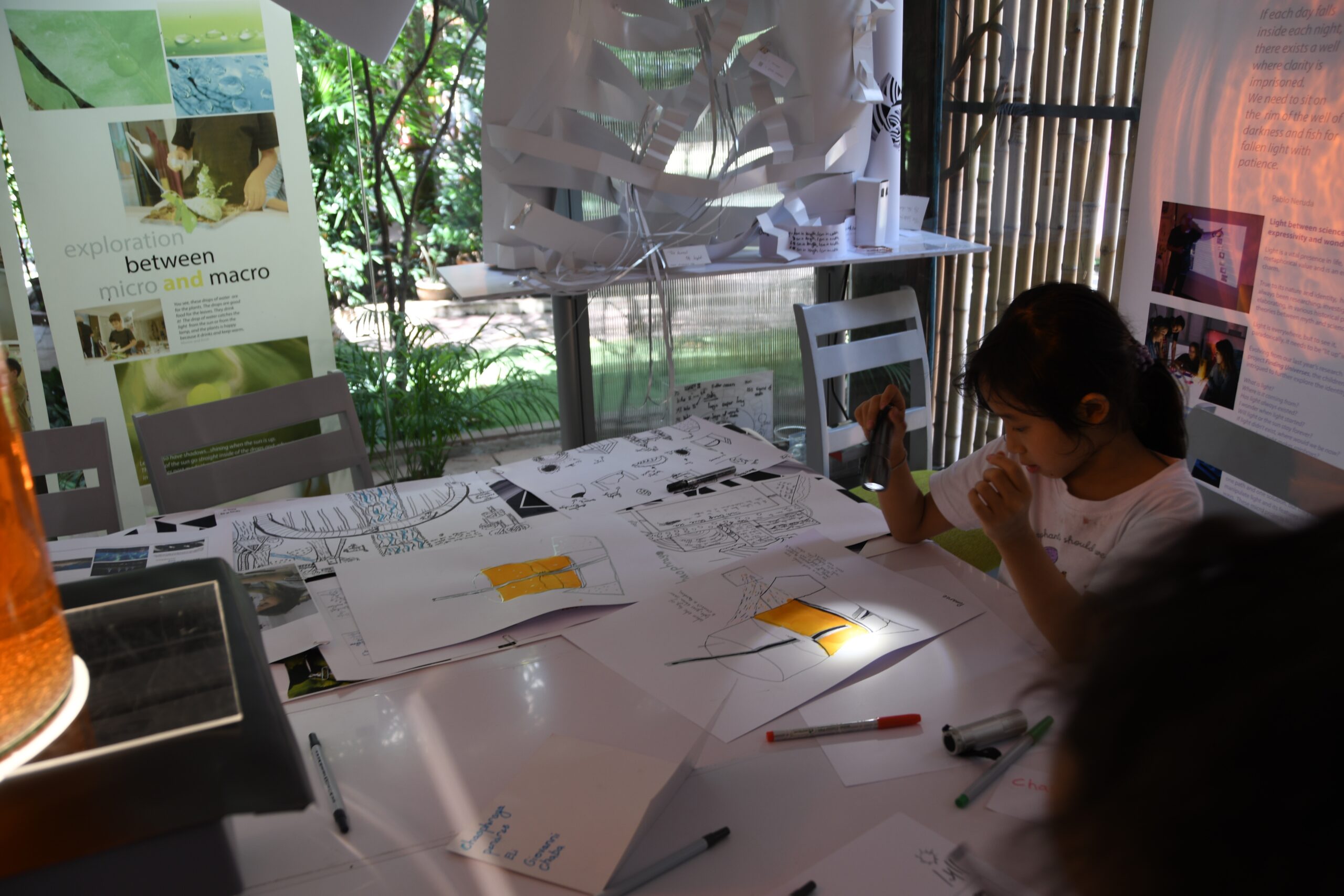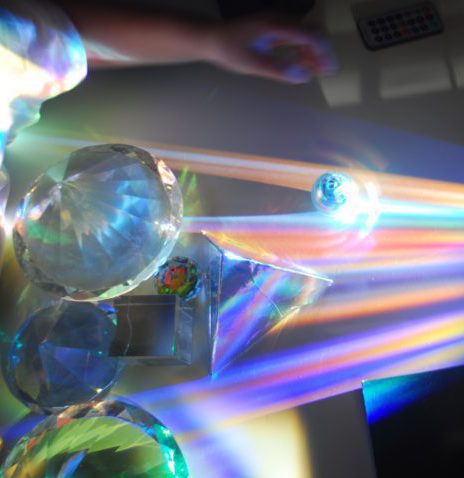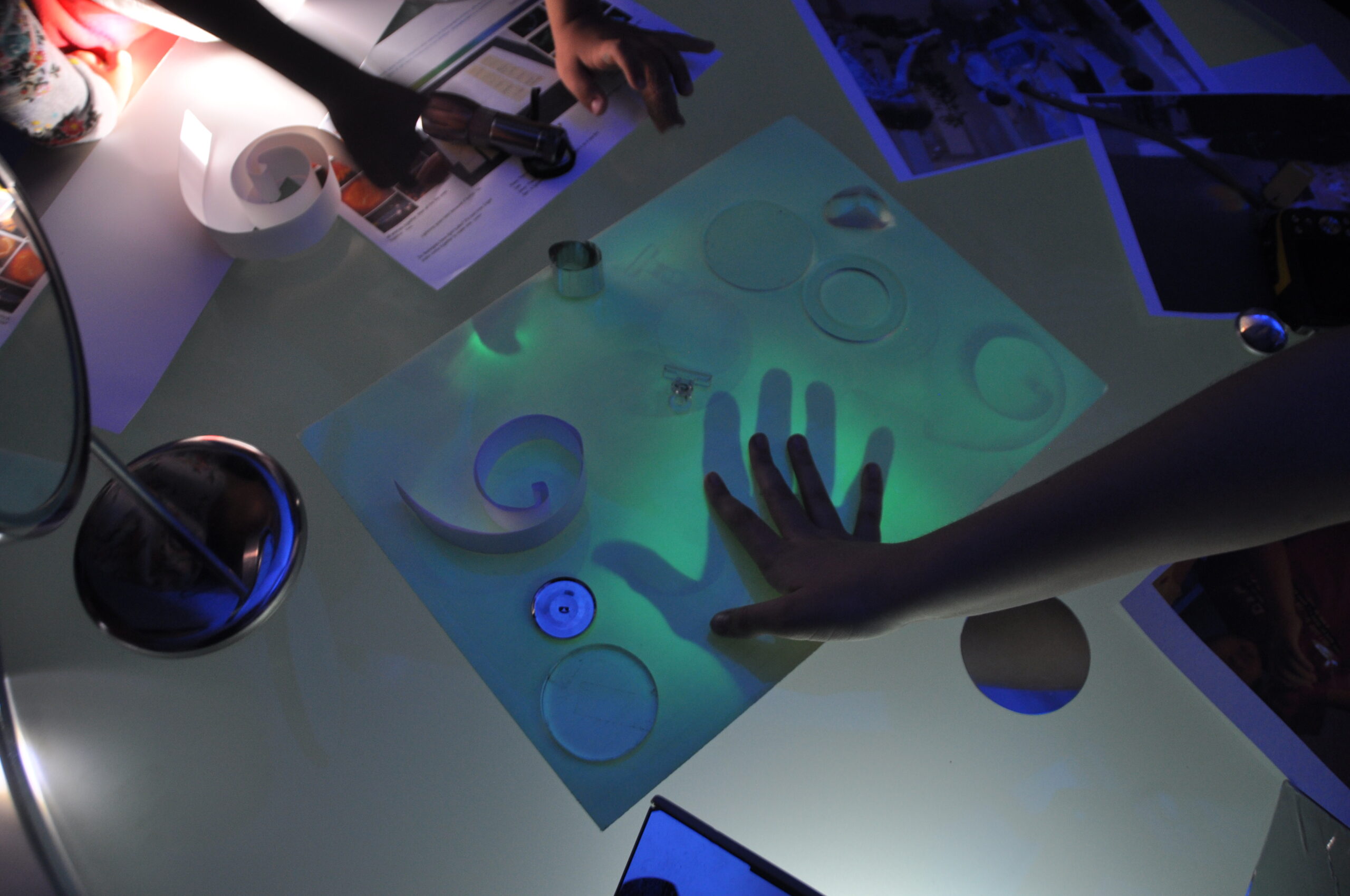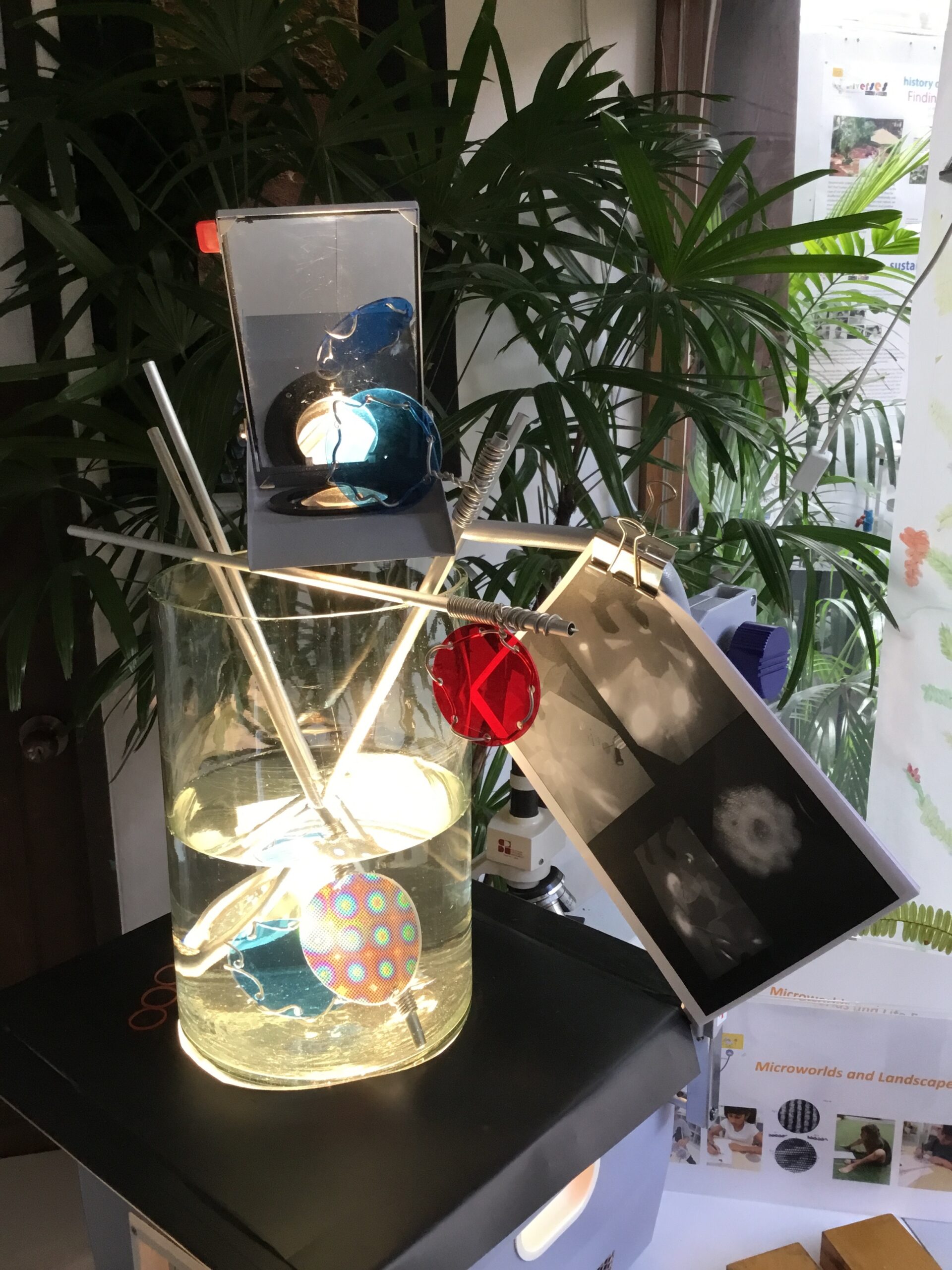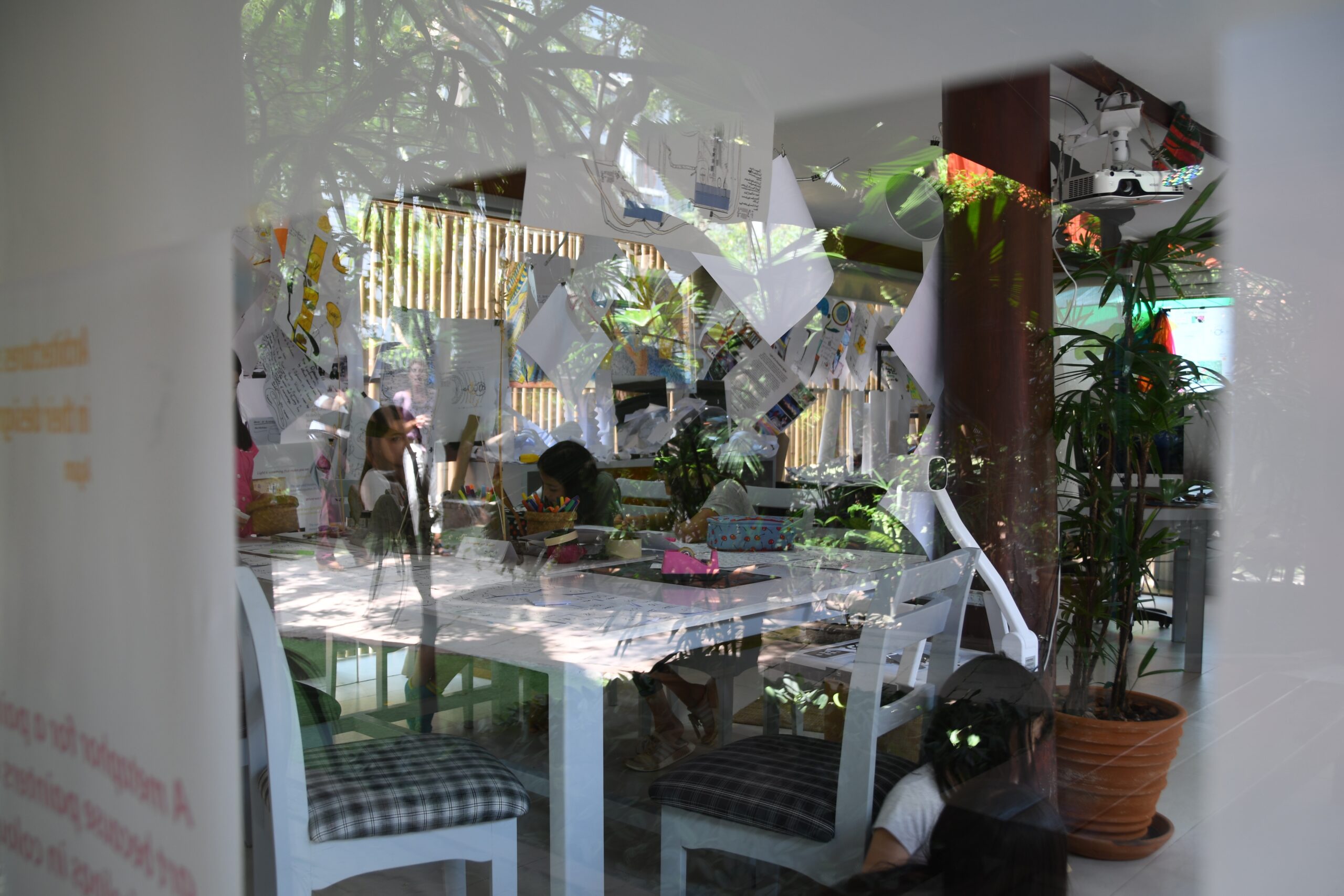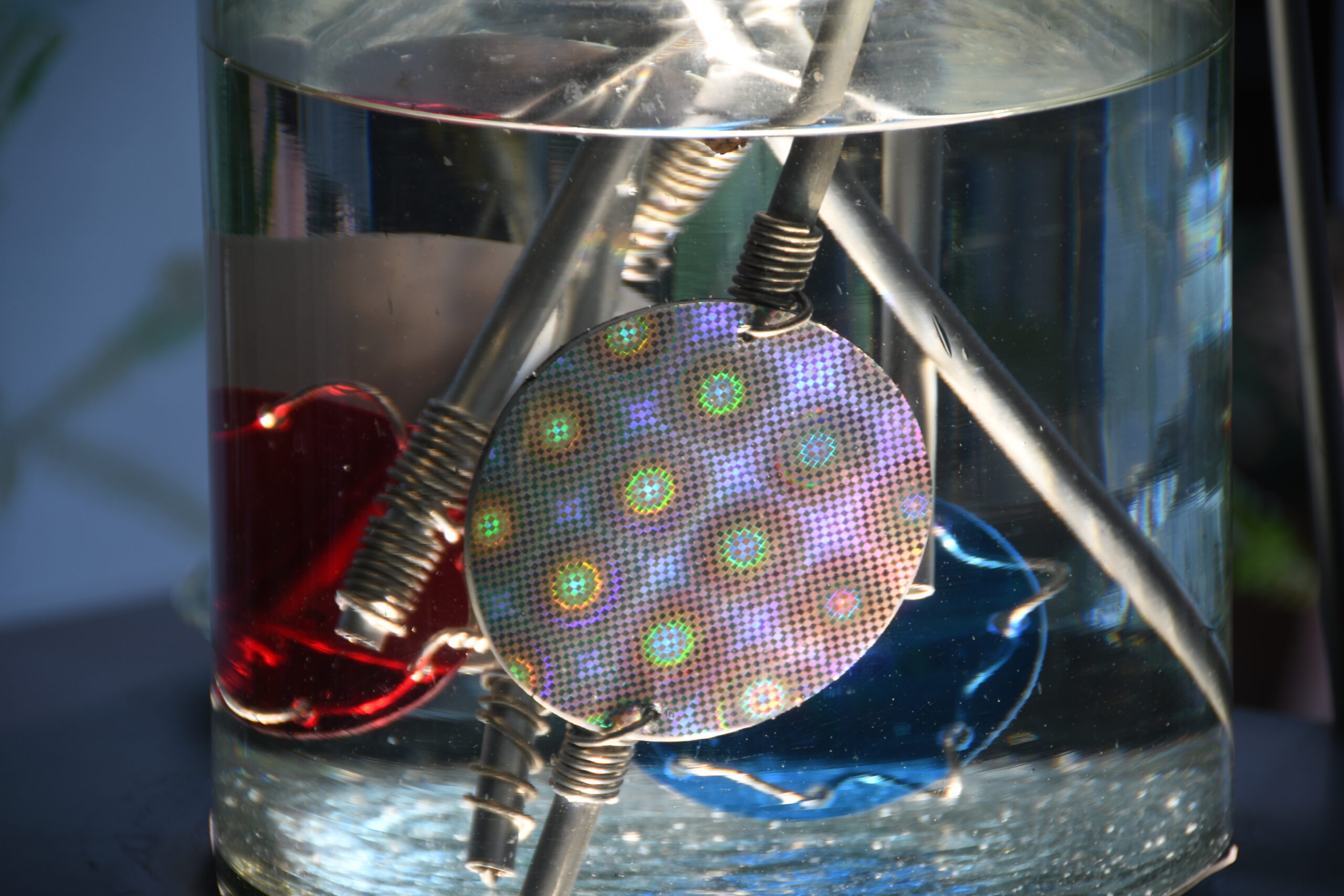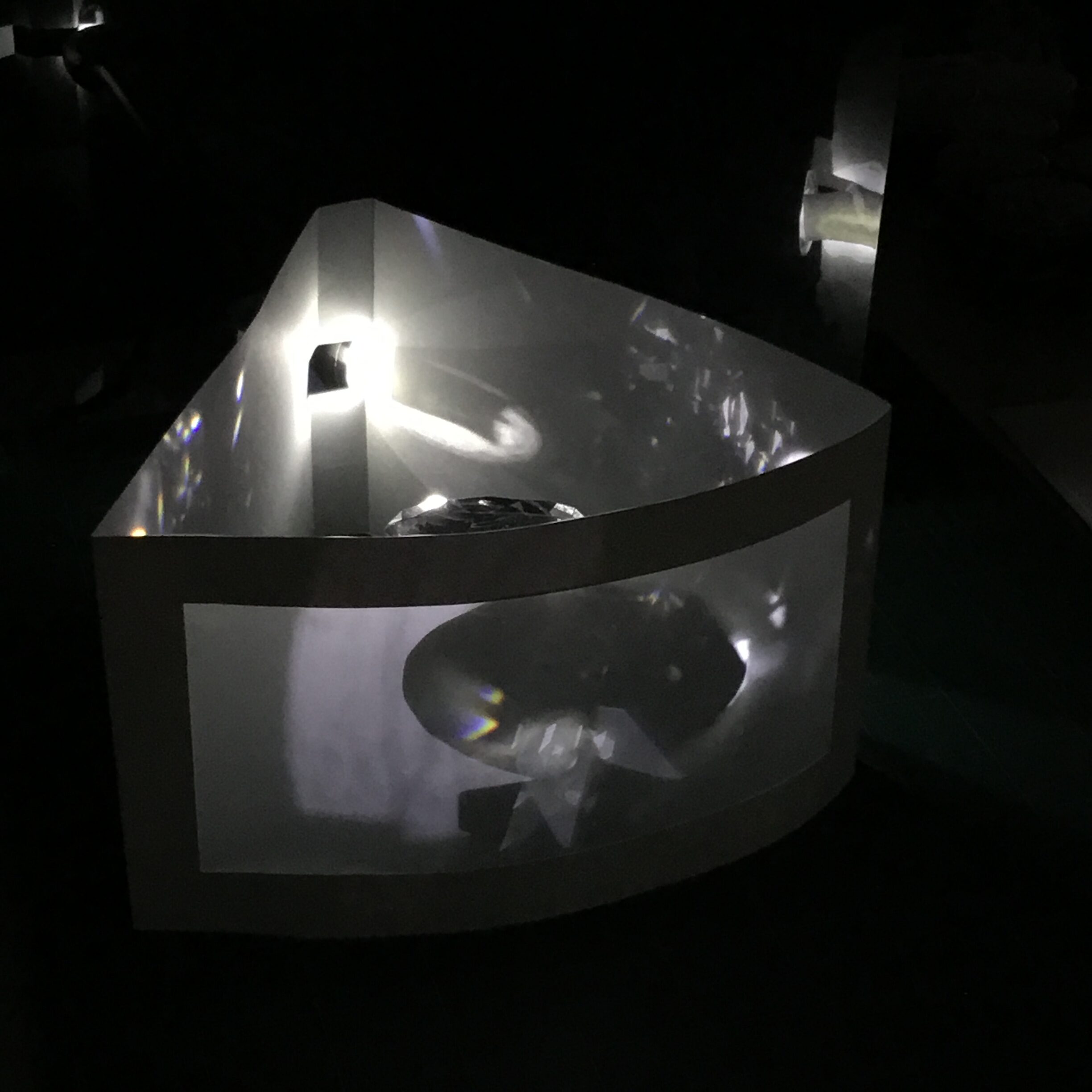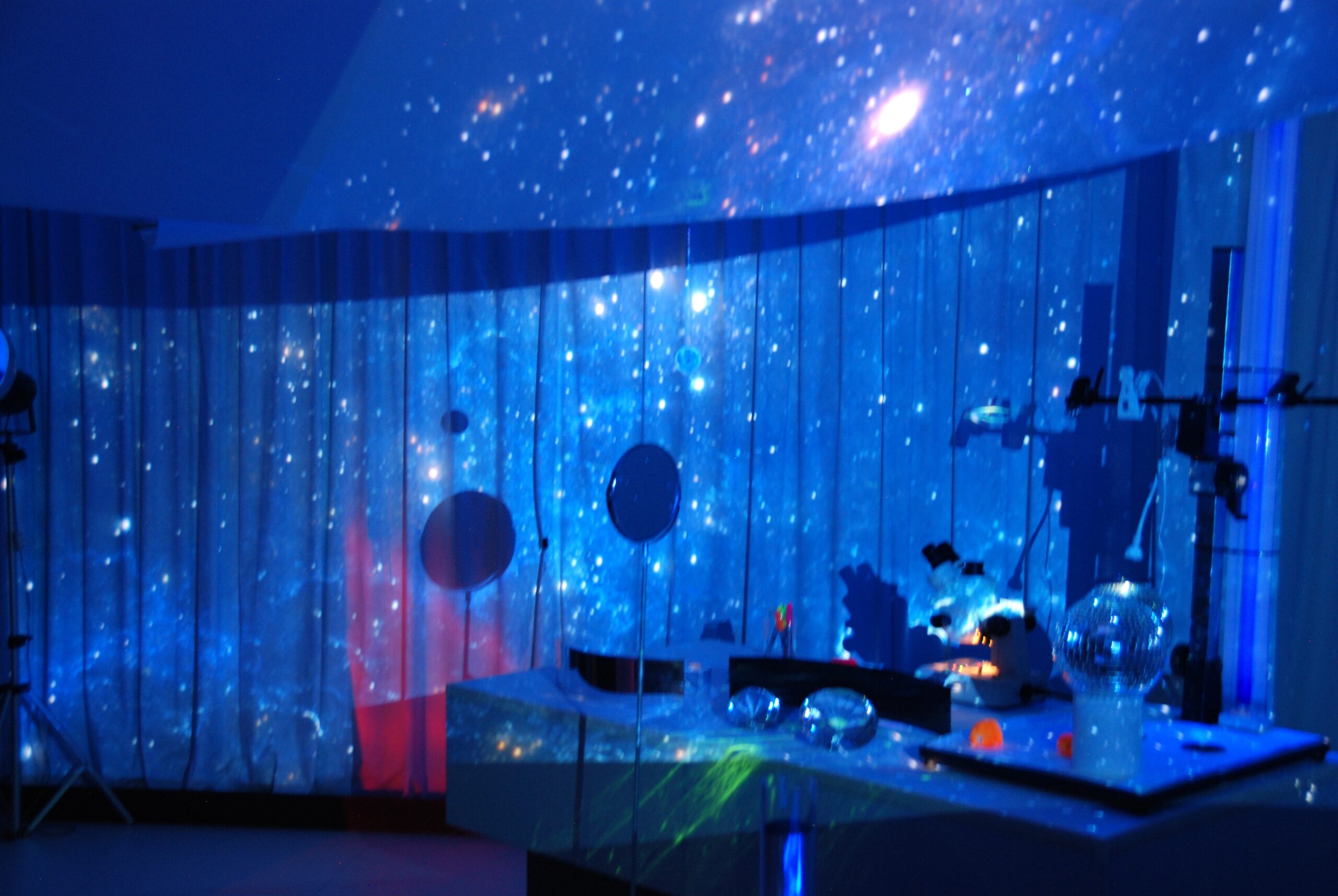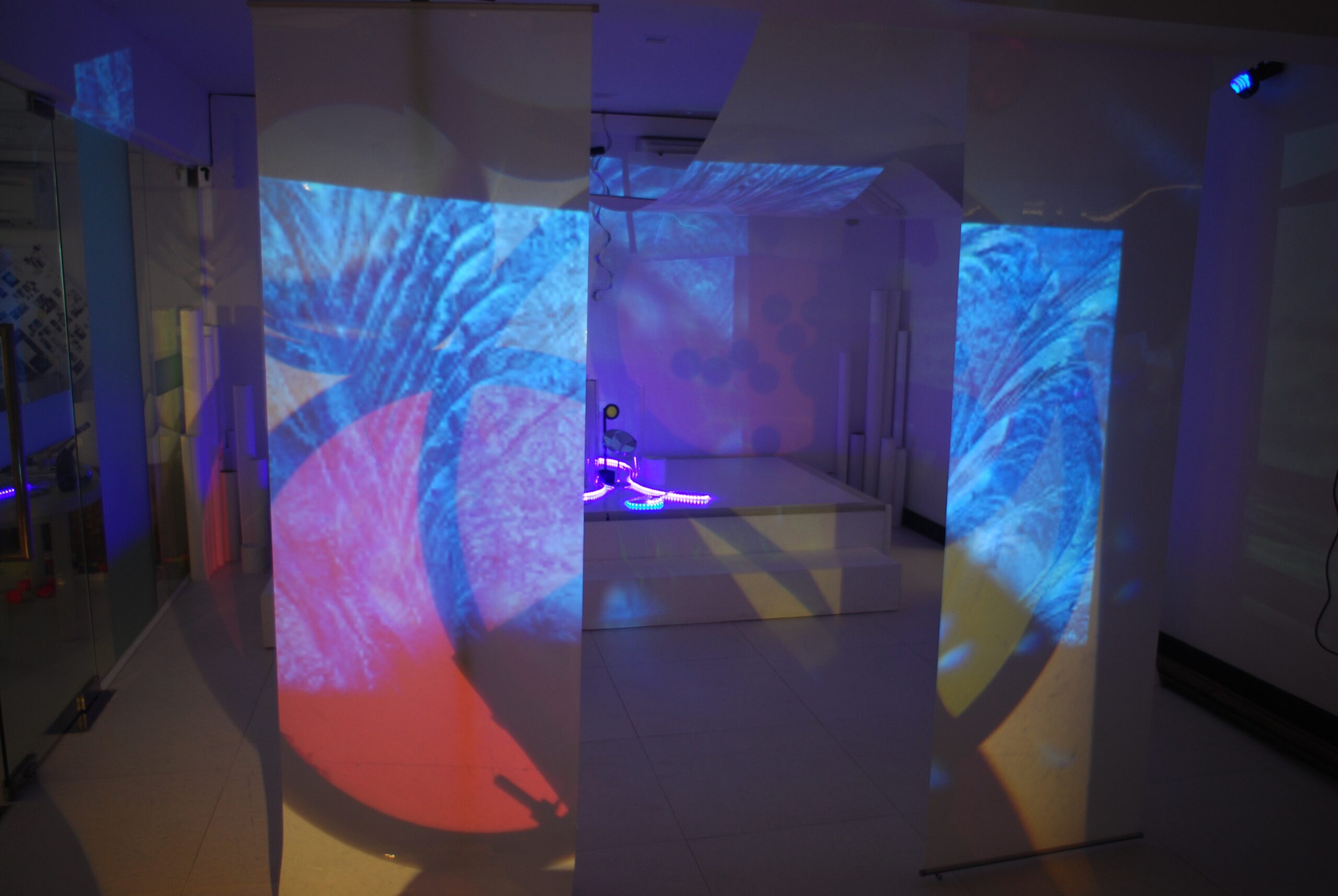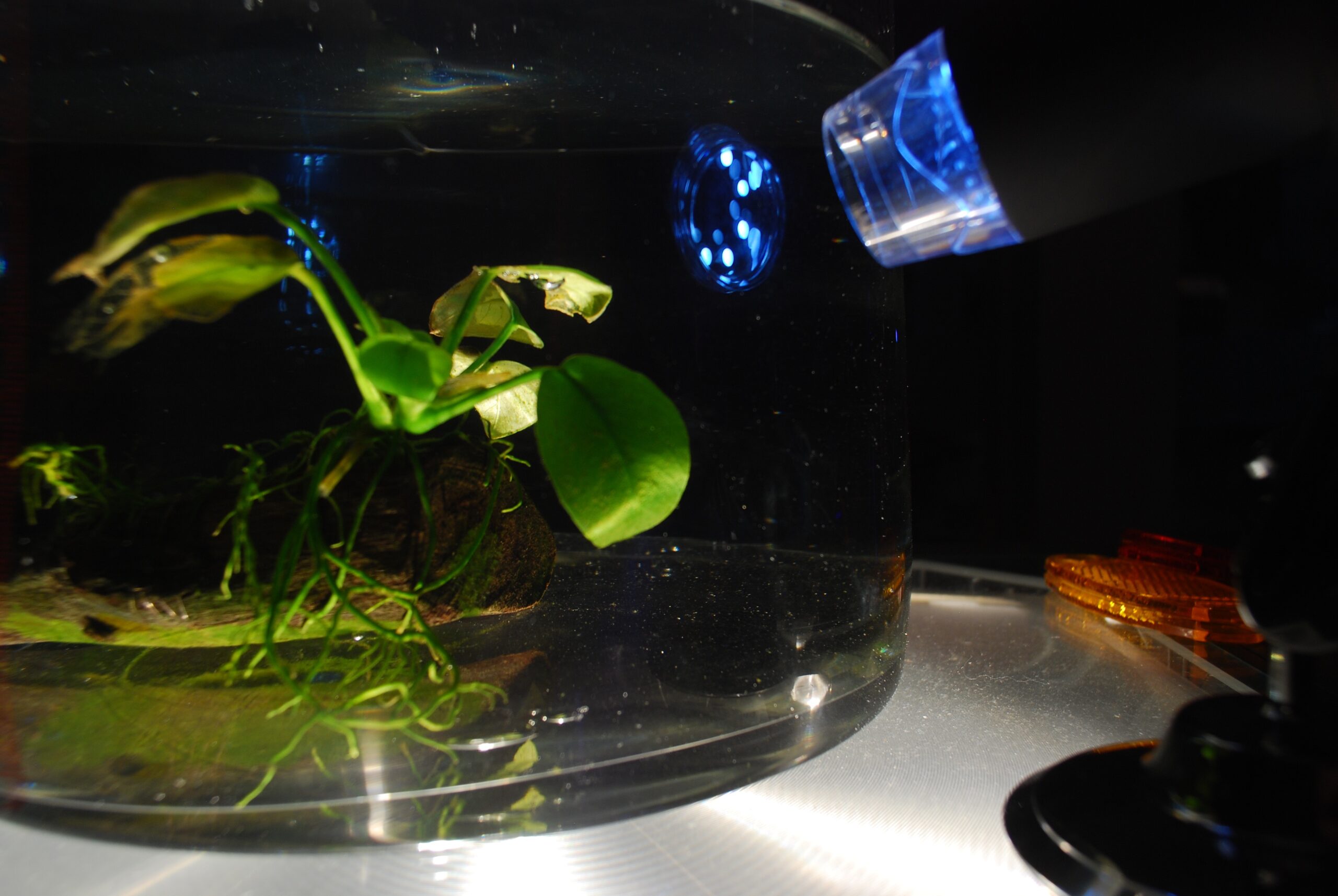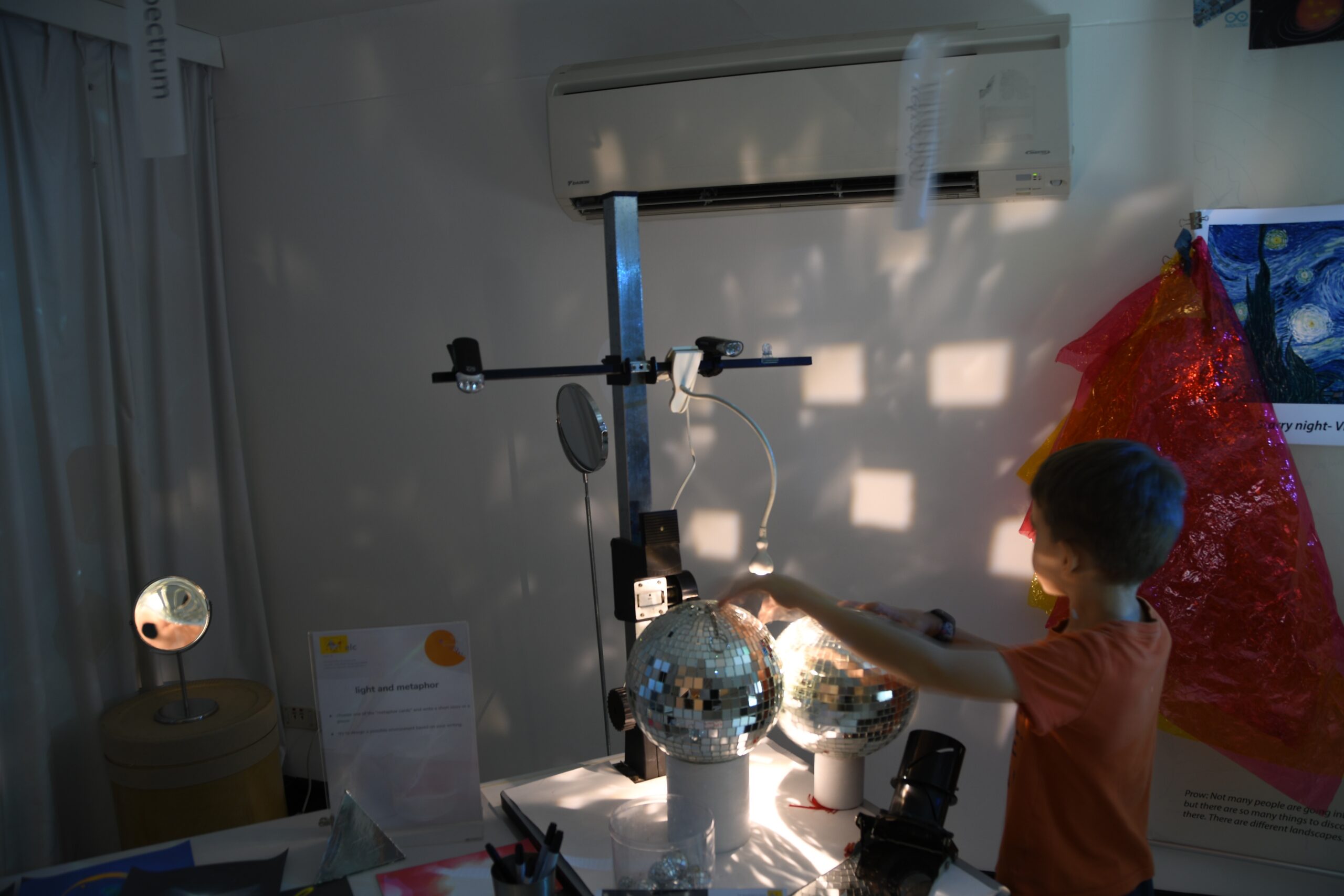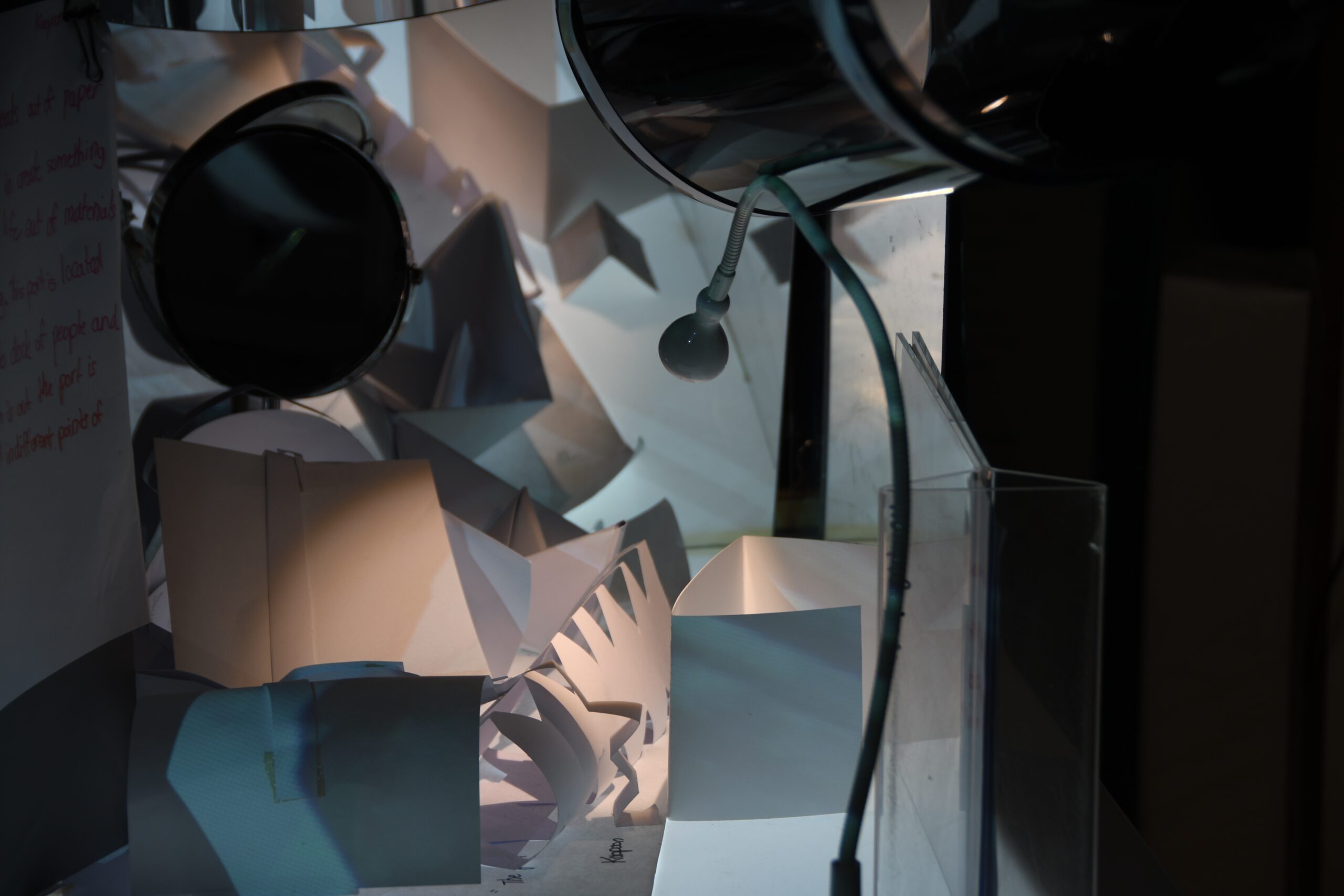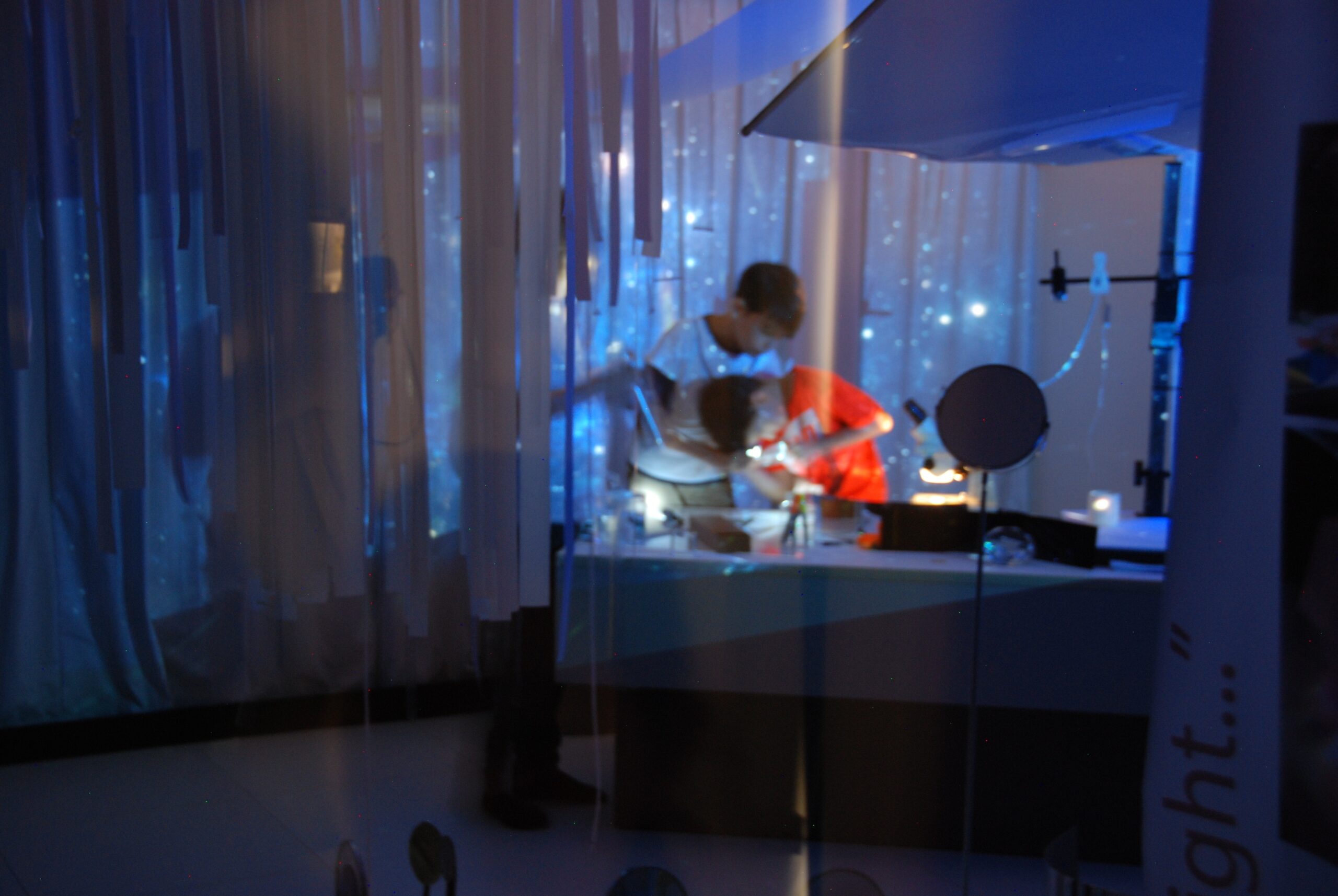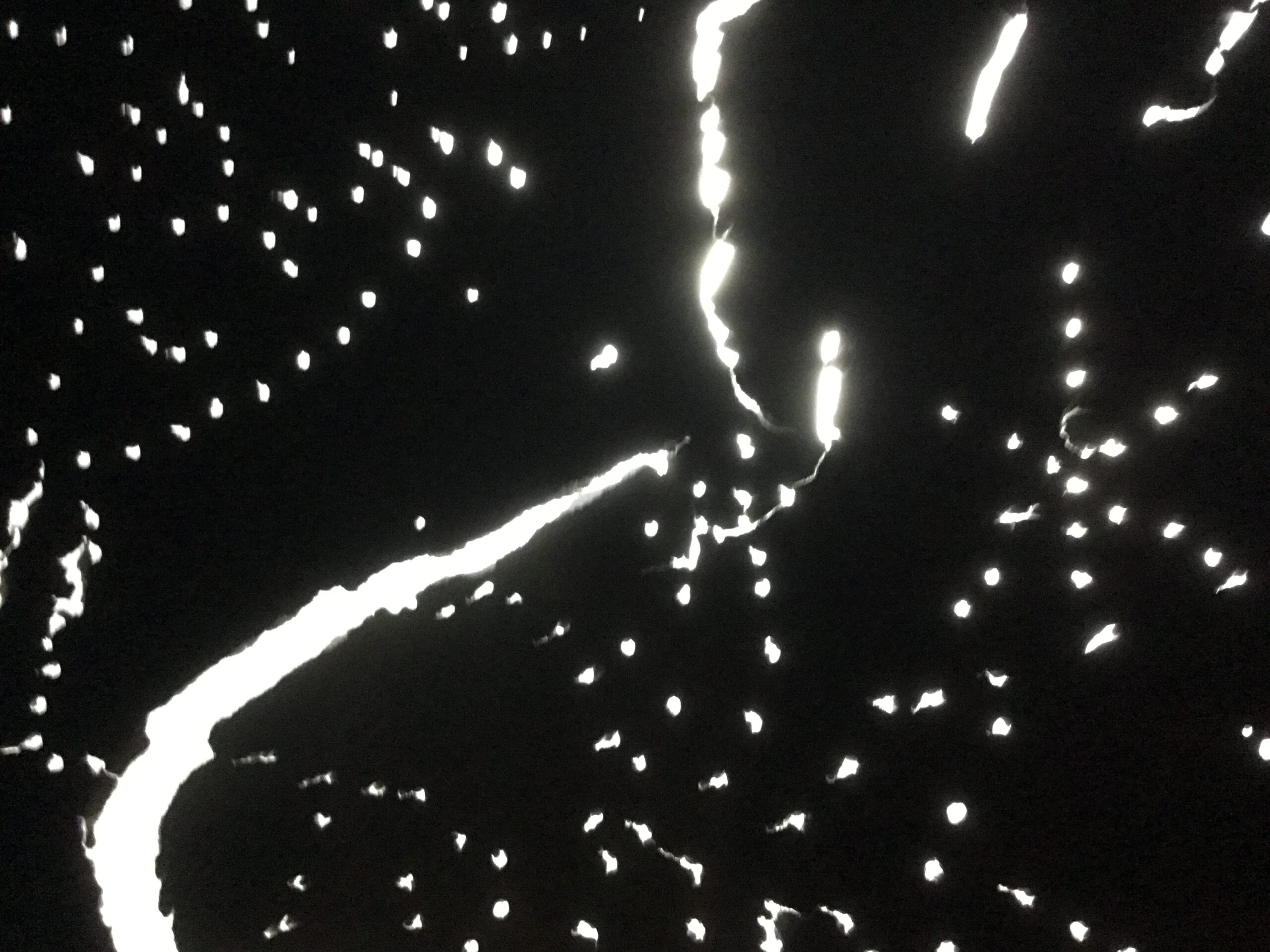curriculum of year 5
Light of a Thousand Lights
Year 5 sees a growth in maturity as the children continue to consolidate their identity as a learner. They gain a greater independence and confidence from being given more responsibility in their learning. Children develop their ability to ask questions which both drive their learning and promote self reflection, as they focus on checking and improving their own work. Year 5 promotes being bold and taking risks, trying new things and being comfortable with the unknown.
Mathematics
Number sense & Numeration | Measurment geometry and Spacial sense | Pattering & Algebra | Data management & Probability
Children think deeply and conceptually about mathematical ideas and have the perspective to see it as a whole so that the mathematics becomes compressible and can be filed away and used as just one step in a multi-step problem. Numbers are represented and compared to a hundred thousand, and exist in many different forms – as squares in a diagram, in expressions, and in Pascal’s triangle.
Creativity, ingenuity and intuition are valued in collaborative problem solving. The strands of measurement, geometry and spatial sense, patterning & algebra and data management and probability are intertwined and clustered into deep problems from real world settings. Project math might calculate distances between the planets or the speed of light.
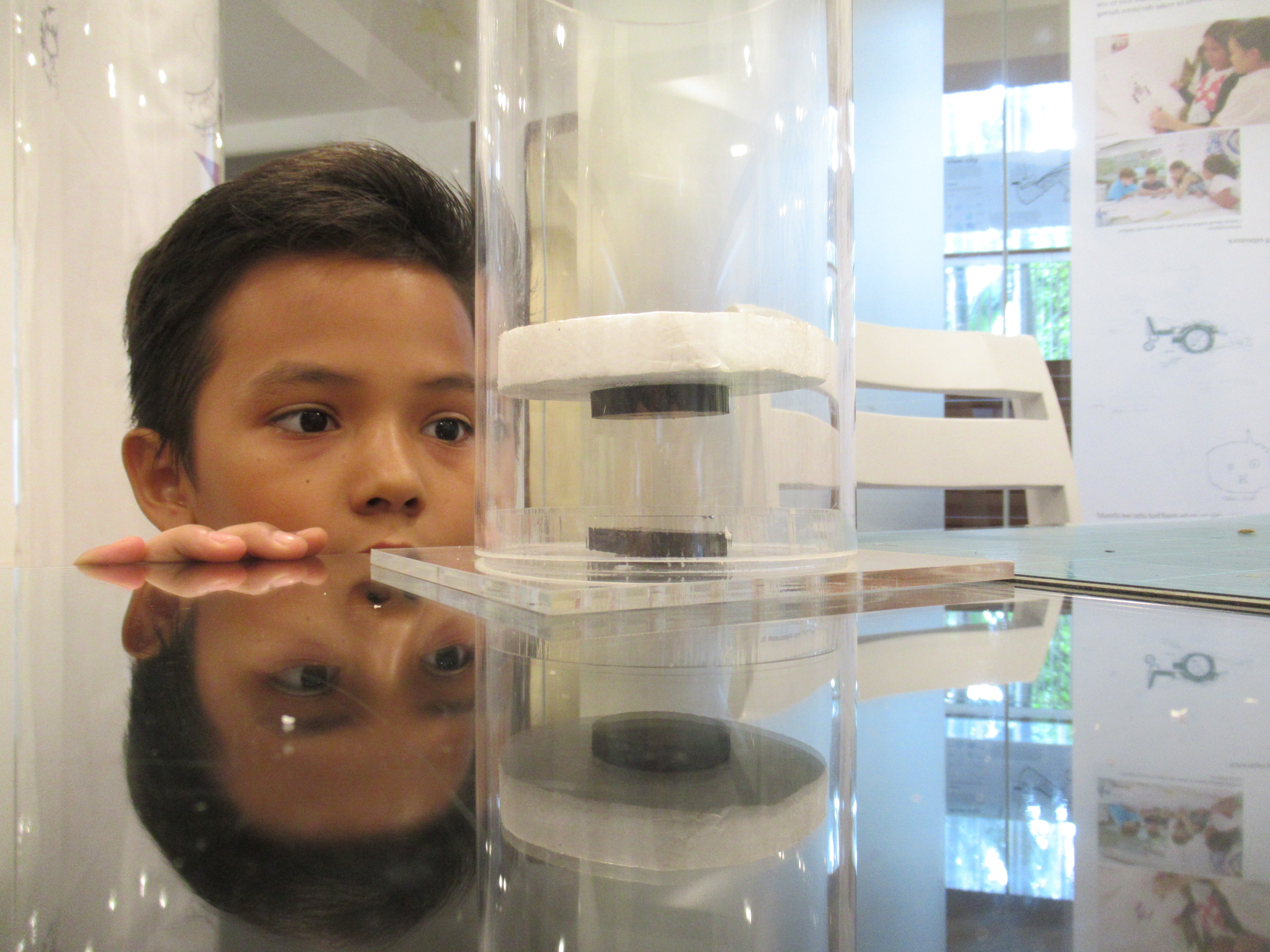
Literacy
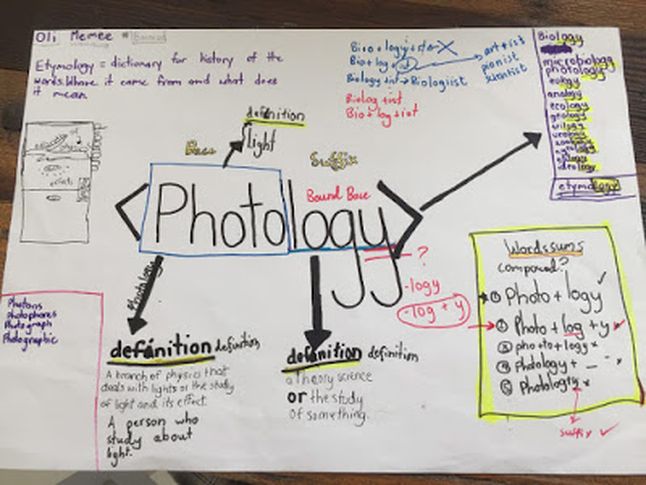
Effective communications | Phonology | Morphology | Etymology | Spelling rules | Writing | Reading
Children on Year 5 read, write, speak and listen daily to grow upon their effectiveness and confidence as communicators. Whole class workshops for reading and writing utilize strategies for thinking when reading and improve crafting techniques for writing, incorporating a multitude of book creation strategies. Children are immersed in our ‘Word Inquiry Programme’ where the structure of the English Language and with a balance of phonology, morphology and etymology, the children question, develop hypotheses and acquire spelling rules that support both accuracy in reading and spelling.
Digital Technology and Media
Foundation for growing up in, and being part of a digital world
Digital literacy has become a prominent topic of discussion in recent educational dialogue, recognizing the enormous potential of information & communication technologies to personalise teaching and learning processes through making them more adaptive and interactive. Children in Year 4, 5 and 6 learn a vast array of design and computer skills, providing them with the knowledge to create a foundation for growing up in an increasingly technology literate world. Media literacy lessons give the children the opportunity to utilize digital tools to explore and create in a variety of ways; from practicing skills like algorithm creation to publishing informational texts using Google apps. Technology plays a larger role in the Project explorations, with the children utilizing the base knowledge from previous years to synthesize their learning in ways that are meaningful to them.
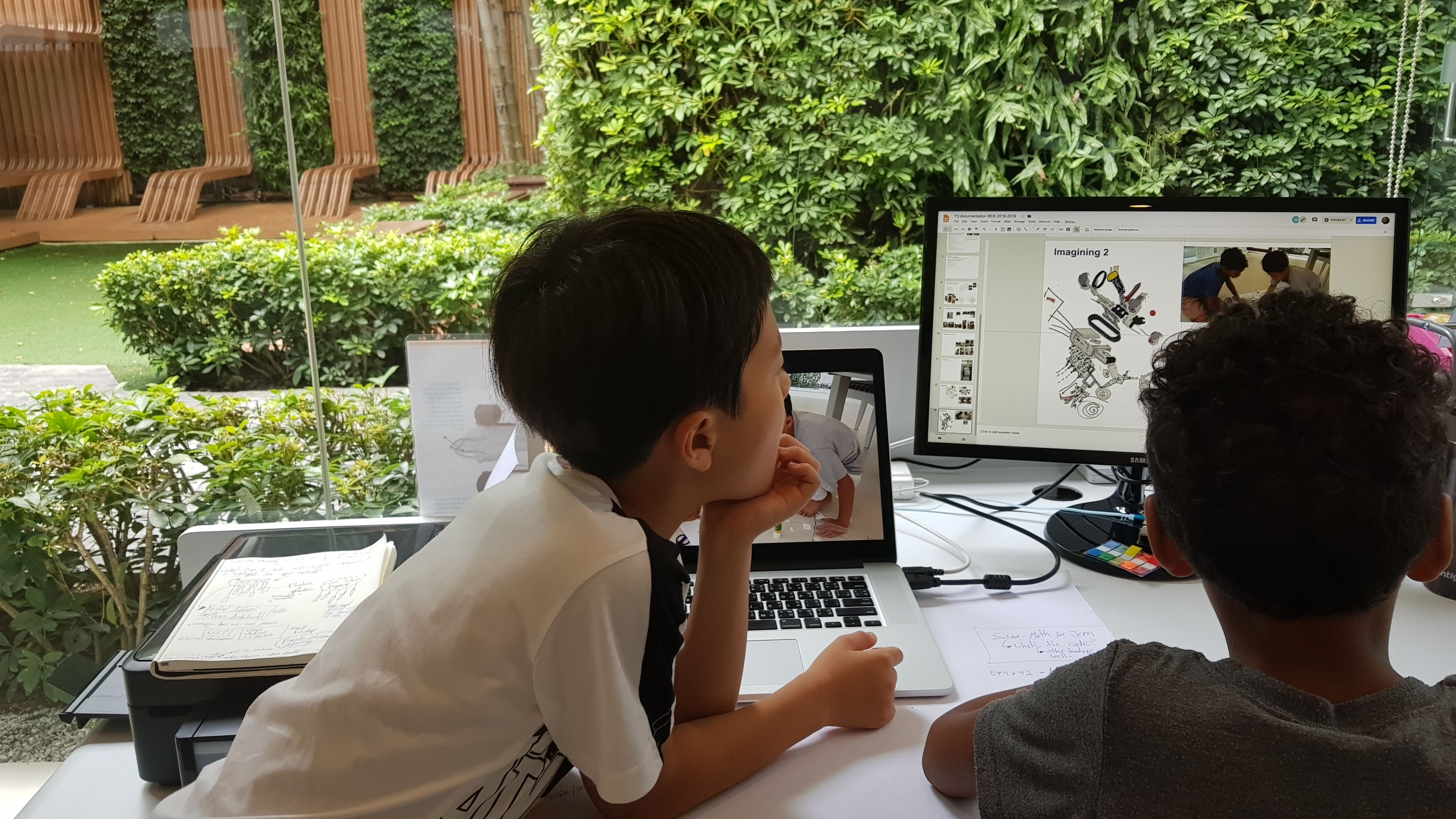
Music
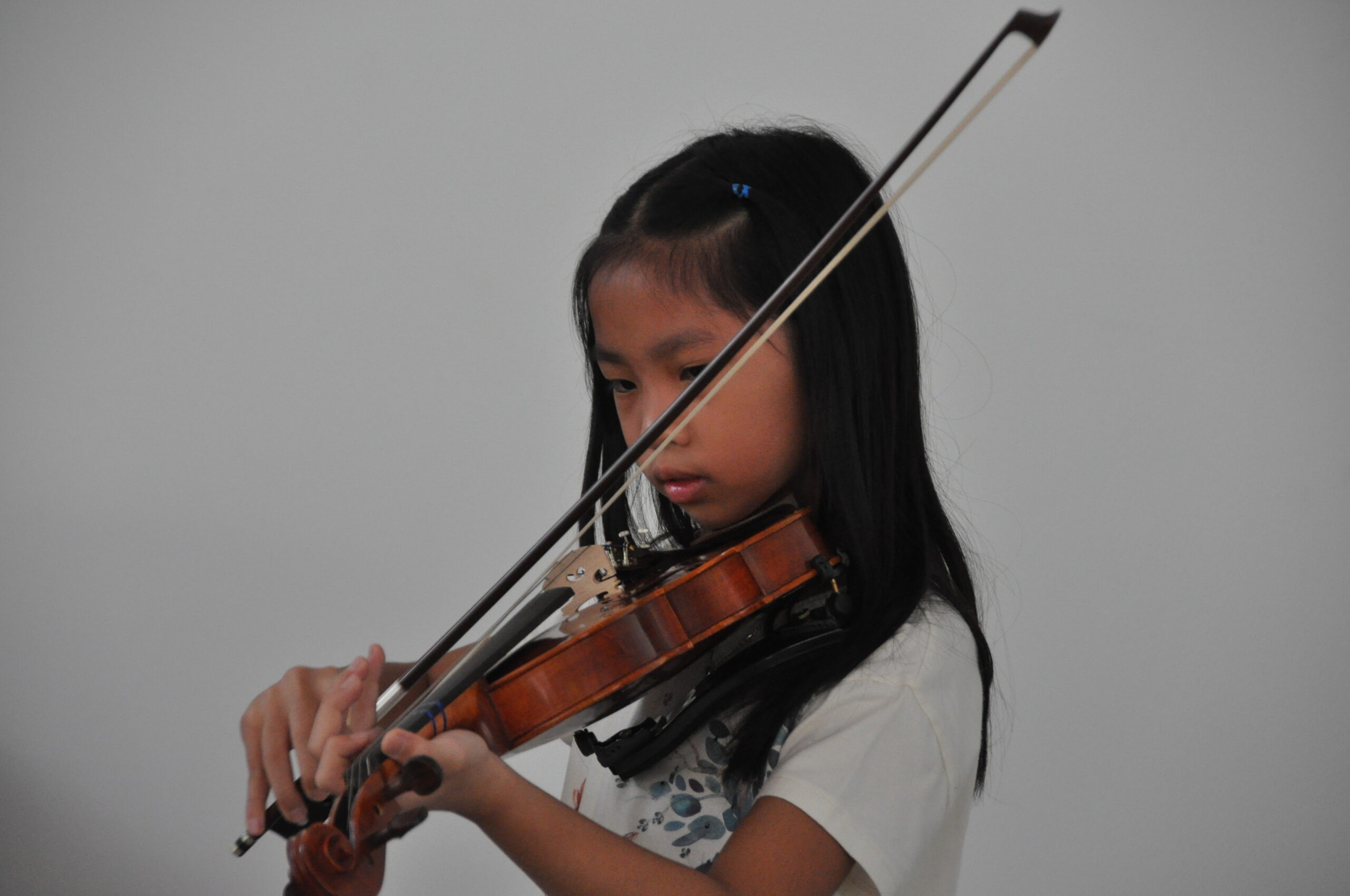
World music | Vocals | Musical instuments | Thai Instuments | Understanding of composition | Quality performances
In Year 5 the children continue to develop their singing voices, aiming for greater control and expression in their work. They continue to expand their repertoire of songs from around the world and focus on the major musical genres. Children continue to use a variety of instruments, including traditional Thai instruments, to help develop an understanding of musical dimensions and composition and produce high quality performances in a variety of musical settings.
Health and Physical Education (PE)
Movement skills | Game strategy | Coordination | Teamwork | Competition
The Y5/6 program continues to build upon the children’s understanding of movement, game strategy, and teamwork, while providing them with a greater sense of independence when approaching skill development and performance. Throughout the year, the children have opportunities to peer-coach and provide constructive feedback to their classmates. This allows them to further develop analytical skills and recognize the importance of reflection and how it impacts performance. Locomotor skills, hand-eye and foot-eye coordination, as well as body control are purposefully incorporated into the activities of each lesson. Deeper conceptual understanding is achieved by way of class discussion, observational feedback and assessment.
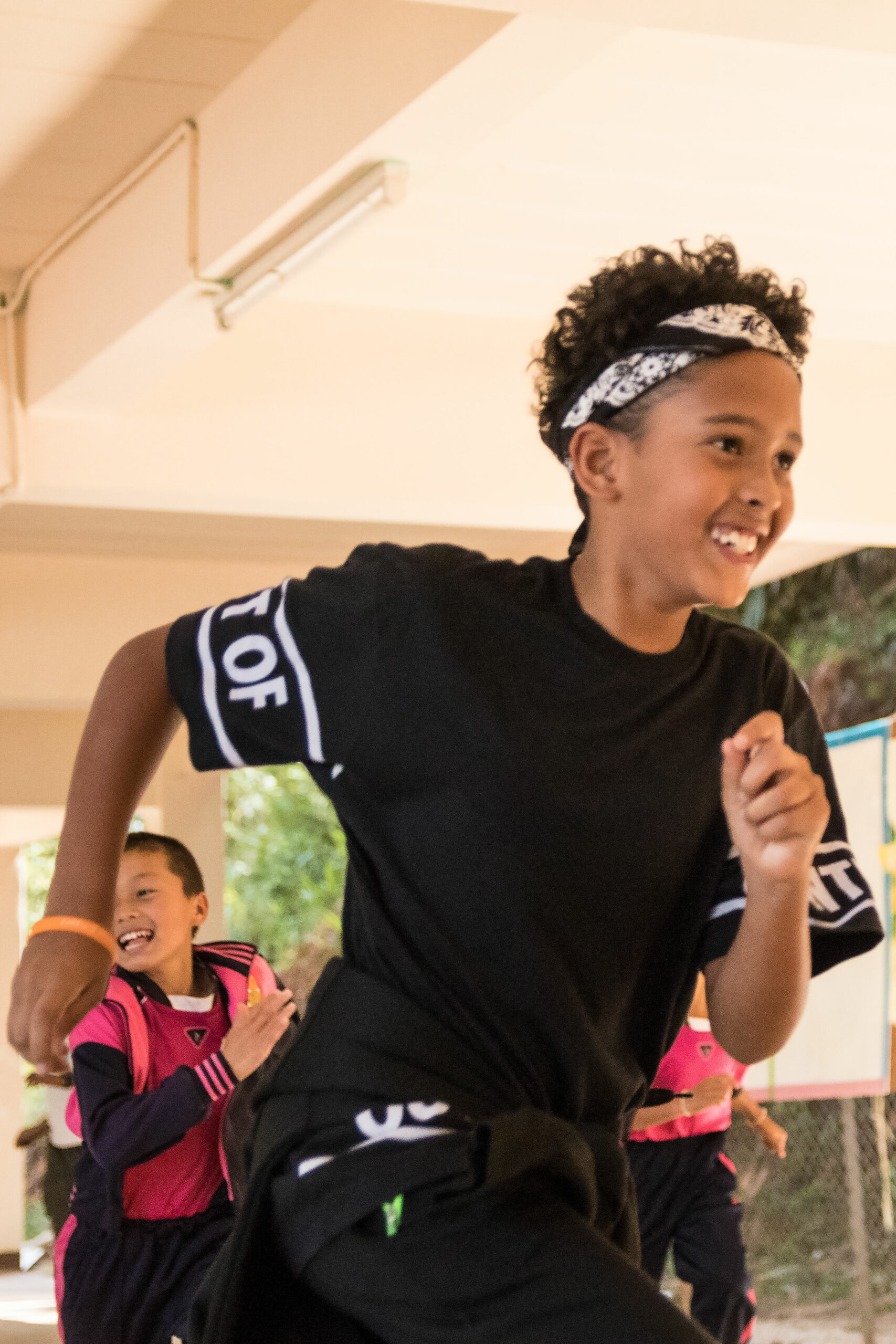
Project of year 5
Light is an essential presence for life. Light is an important element with a strong metaphorical value. The nature and identity of light has been questioned since antiquity through elaborated theories between myth and science. The bright sky was the first scientific laboratory for humanity, the only one for the past millennium. The discovery of electromagnetic waves expanded the field of interest with the appearance of invisible lights. We decided to equip our ateliers with permanent zones of research in connection with the projects taking place within the different groups of children. The quality of our different environments supported our research, providing long-term exploration opportunities to strengthen concepts and enhance individual and group learning. Didactic design facilitated our investigation of the scientific phenomena through rich, and meaningful research that stimulated the interest and curiosity of both children and adults alike.
